Lesson 1 - Culture - the soft front
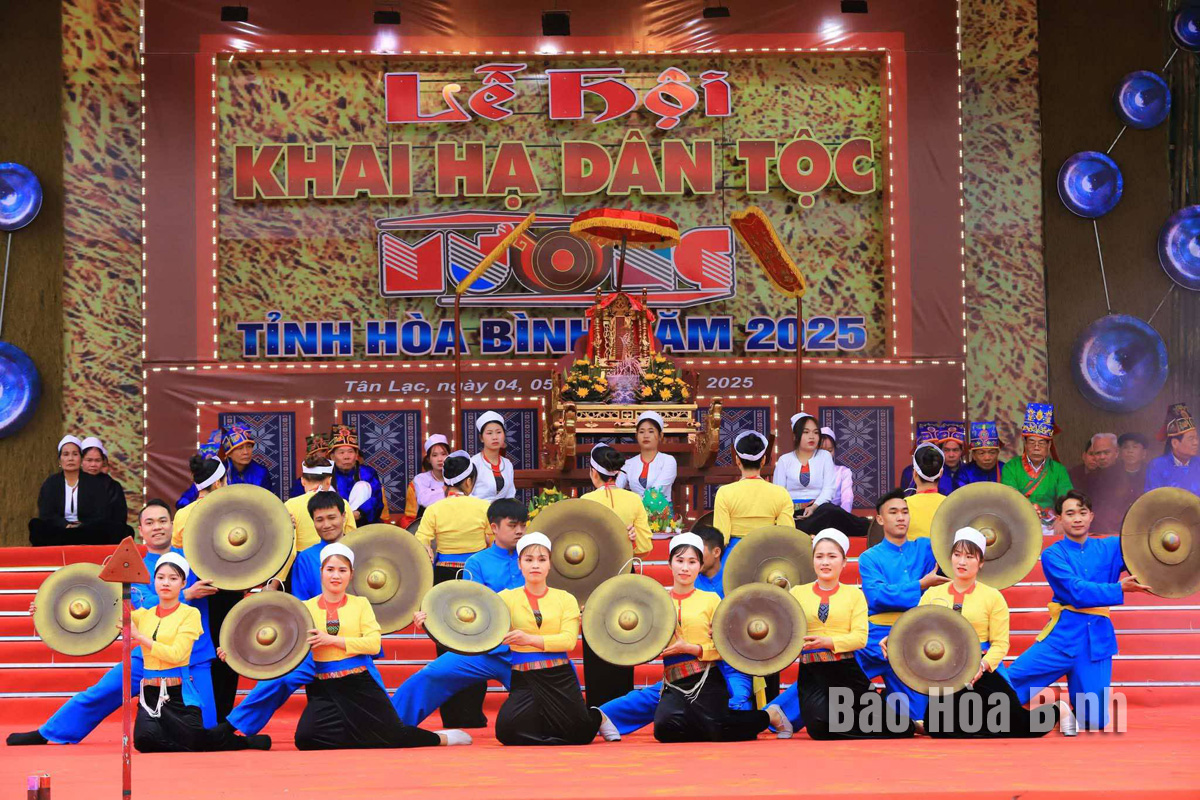
The Khai Ha festival of the Muong ethnic group is an indispensable cultural and religious activity during every New Year and Spring of the Muong people in Hoa Binh , especially in the four major Muong regions of the province (Bi - Vang - Thang - Dong).
Our Party identifies "Culture as the spiritual foundation of society, both a goal and an endogenous strength, an important driving force for national development". Preserving culture means preserving the roots, preserving the national character. On that quiet front line, Hoa Binh - where the unique cultural values of ethnic minority communities converge, where more than 64% of the population are Muong people, has chosen a persistent approach: to awaken identity and support faith.
Holding the cultural battlefield - From policy to action
Immediately after the Central Committee issued Resolution No. 33-NQ/TW, the Party Executive Committee of Hoa Binh province issued Action Program No. 27-CTr/TU - a document that became the "lifeline" to bring the spirit of the resolution deeply into life. From the province's action program, District Party Committees such as Mai Chau, Lac Son, Tan Lac... built a specific roadmap, integrating the implementation of the resolution into the Resolution of the Party Congress at each level, the targets for new rural construction and the annual propaganda and mass mobilization plan.
Along with that, culture is no longer a "soft" area in policy priorities. Building a cultural environment in the workplace and rectifying administrative discipline does not stop at slogans but is clearly institutionalized by Directive No. 29 (2014) of the Provincial Party Standing Committee. After that, the province continued to concretize it with Regulation No. 14-QDi/TU on the code of conduct for cadres and civil servants - documents that seem purely administrative, but are actually a valuable shield, helping to filter, adjust and prevent from afar deviant manifestations of cadres, in accordance with the spirit of Resolution No. 33-NQ/TW requiring: building culture in politics , among party members.
Not only in the political system, the cultural battlefield is also firmly held by the people themselves. From the province to the grassroots, the movement to build a cultural life associated with the criteria of new rural areas and civilized urban areas is concretized by many "self-governing" models: self-governing inter-family groups, self-governing clans, cultural and national defense villages... In 2024, the whole province has more than 189 thousand households achieving the title of "Cultural Family", reaching 87.87%; 1,152 cultural residential areas, reaching 96.3%. Behind the numbers is the persistent process of nurturing culture into an endogenous strength, supporting belief from the root - belief in the Party, in the socialist path.
In an open society, where the flow of information is increasingly difficult to control, traditional cultural values - when properly restored and placed in the flow of development - will become a soft but solid line of defense, helping the Party preserve the most precious thing: the people's hearts.
Identity is the root, belief is the foundation
No one requires a mountain villager to quote Resolution No. 33-NQ/TW, but when that villager participates in erecting the flagpole in the Khai Ha festival, when teaching his grandchildren to speak Muong, when wearing Muong ethnic costumes, or when in the village's art troupe stepping onto the stage at the village festival, it also means that he is doing the most essential thing that the resolution aims for: preserving identity, preserving community memory, so that culture is not "uprooted".
Hoa Binh has a quiet but profound way of doing things: restoring to spread, preserving to develop. The whole province currently maintains more than 1,480 mass art troupes; nearly 100 heritage conservation clubs operate regularly in the community. Lac Son district alone has 17 folk culture clubs, including 9 clubs for singing and playing folk songs, 3 clubs for Muong gongs, and 1 club for mo Muong at the district level, attracting nearly 500 artisans and members to participate. These numbers seem to be just "movement arts", but in reality, they have become a soft wall of the ideological battlefield, where generations of Muong people keep their own collective memories.
Although she is at the age of "thất thập cổ lai hy", Mrs. Bui Thi Duom, Huong Nhuong commune, Lac Son district, still burns in her the fire of preserving, conserving, and teaching traditional folk songs, the Muong ethnic group. Her hair is gray, but every day Mrs. Duom still diligently teaches Muong folk songs to her children and grandchildren in the village and commune. Her house always resonates with Muong folk songs. Mrs. Duom confided: In the village and commune, there are not many people who are knowledgeable about traditional folk songs, especially the younger generation. I want to preserve the traditional Muong folk songs for my children and grandchildren. If one day Muong folk songs are lost, I will feel guilty towards my ancestors and forefathers.
In Lac Thuy district, a model that many localities have learned is "mobilizing grassroots cadres to learn Muong language". Initially, it was just a mass mobilization initiative in Phu Nghia commune, but now it has spread to many communes, contributing to reviving Muong language in public communication and community activities. Comrade Nguyen Van Toan, Permanent Vice Chairman of the Provincial People's Committee once emphasized: "Learning ethnic languages is not for superficial beauty, but is a necessary condition in preserving identity, thereby strengthening the relationship between the government and the people".
Also in 2024, the provincialeducation sector will complete the inclusion of local history in the curriculum of general schools in Yen Thuy, Mai Chau, Lac Son, Cao Phong districts... In particular, the Muong ethnic Khai Ha Festival, recognized as a national intangible cultural heritage in 2022, is not only a traditional religious activity. With thousands of people attending each year, the festival becomes a special cultural and political space, where people practice their beliefs confidently, and the government is present not to supervise, but to engage and accompany.
These examples are stories of keeping customs and are the clearest proof that: in Hoa Binh, preserving national culture is the way to protect the Party's ideological foundation from the root. Culture, in Hoa Binh's way of doing things, is not a museum but a lifeblood. And maintaining that lifeblood means maintaining the deepest connection between the people and the Party.
(To be continued)
Thu Thuy
(Department of Culture, Sports and Tourism)
Source: https://baohoabinh.com.vn/16/201873/Giu-hon-dan-toc,-giu-vung-niem-tin-Bai-1-Van-hoa-tran-tuyen-mem.htm







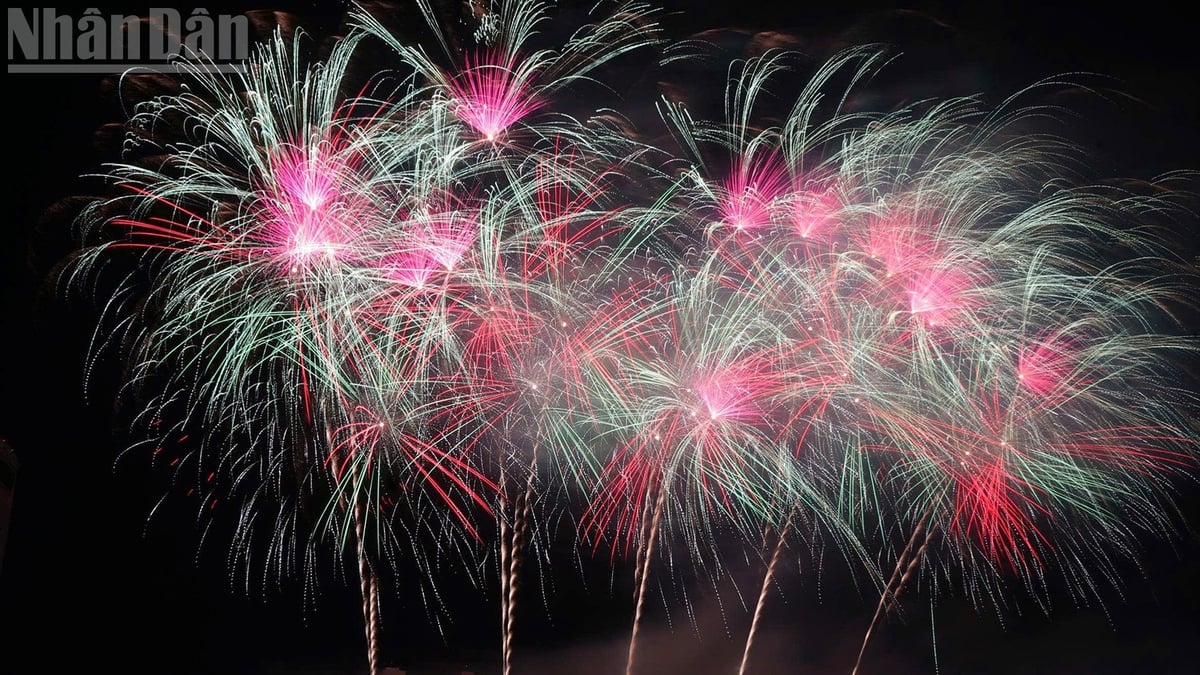
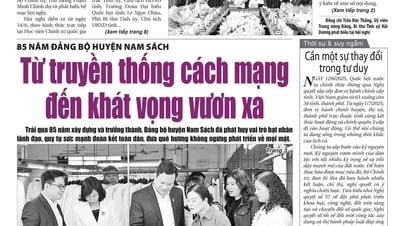




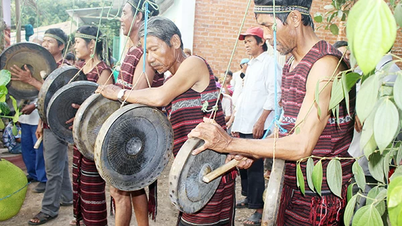

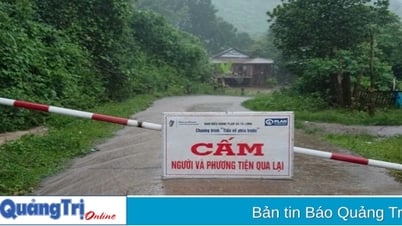

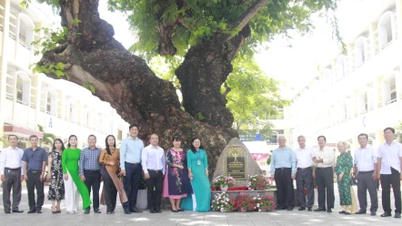





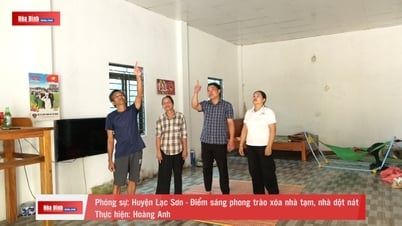


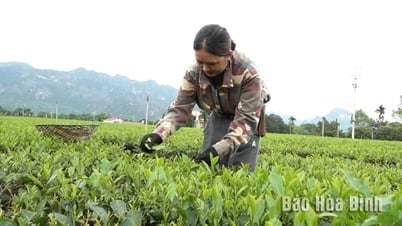
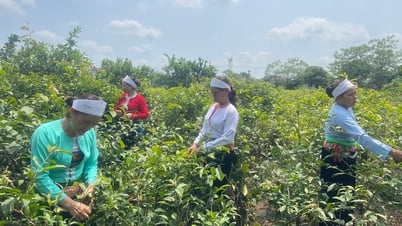

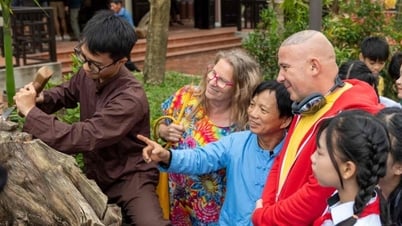











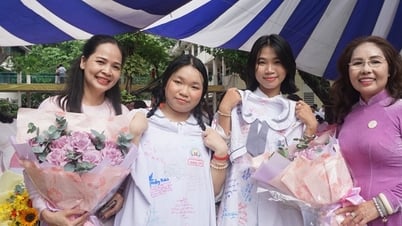





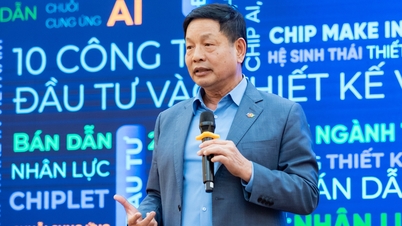












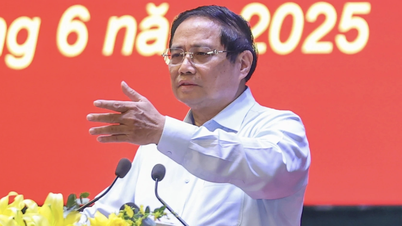



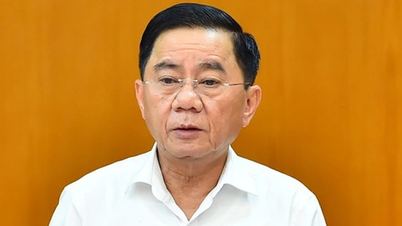

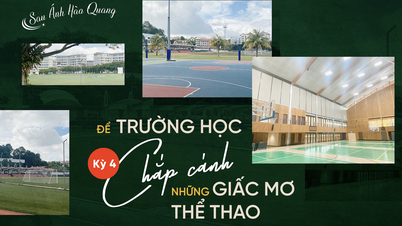


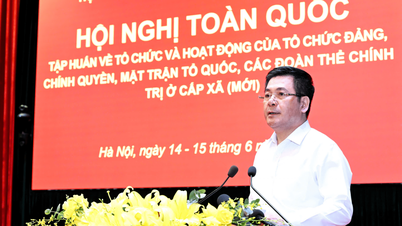
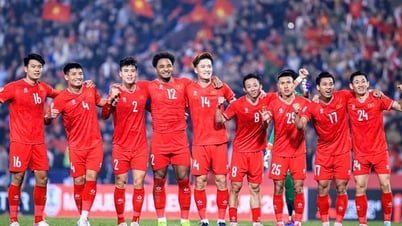

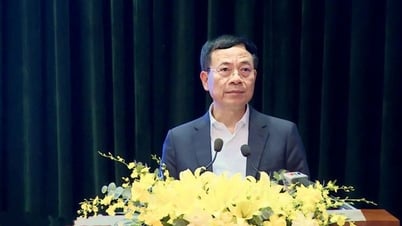





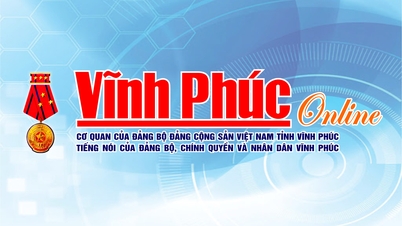



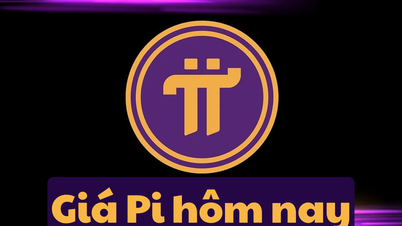















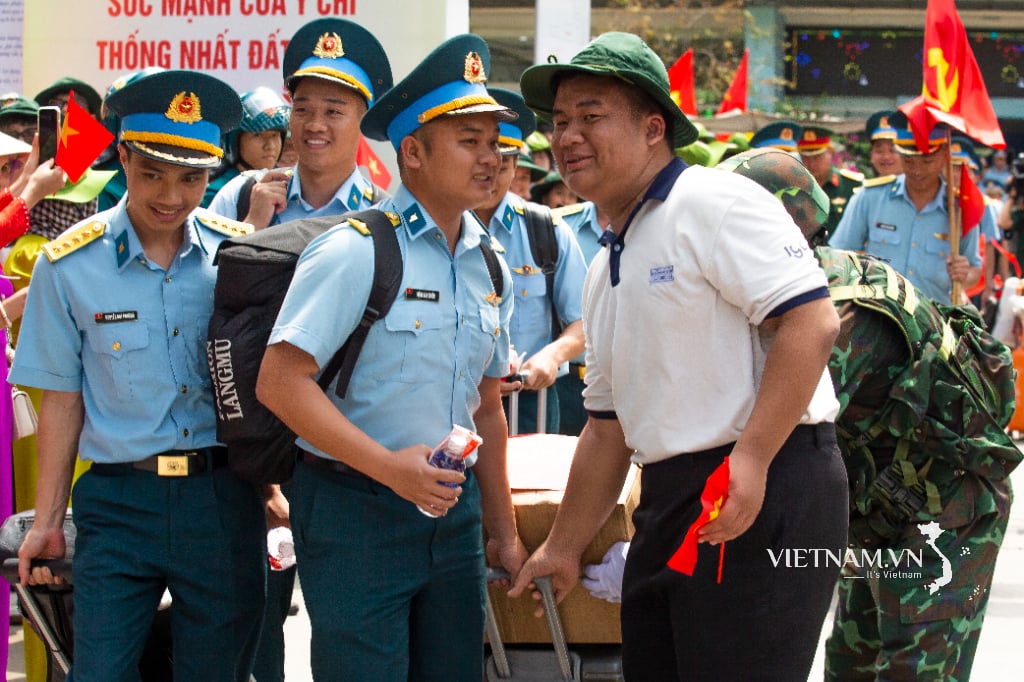
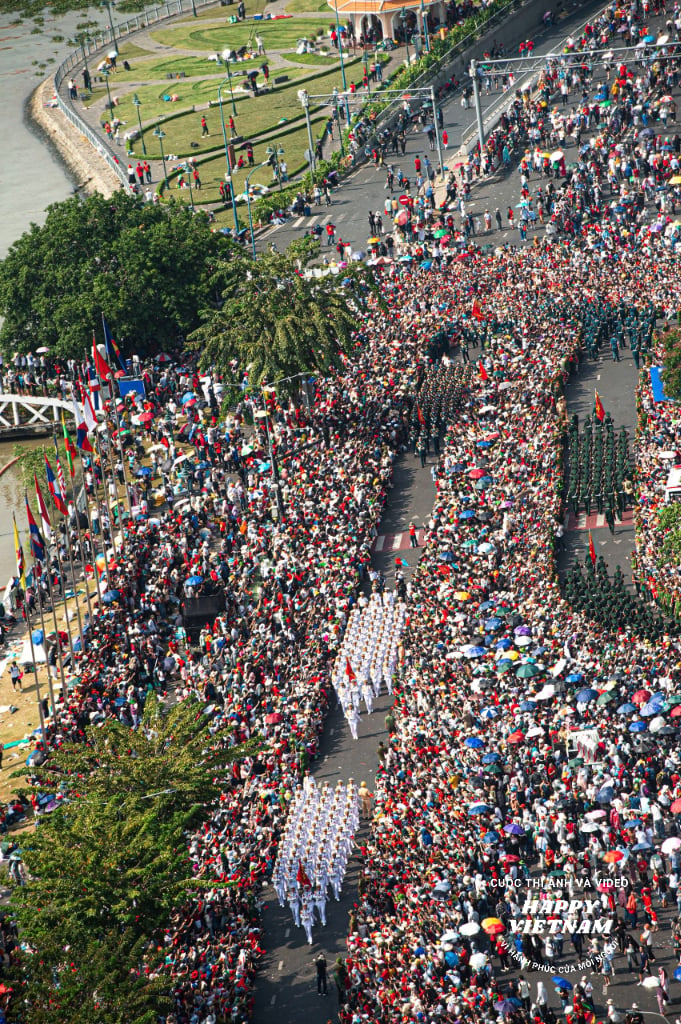
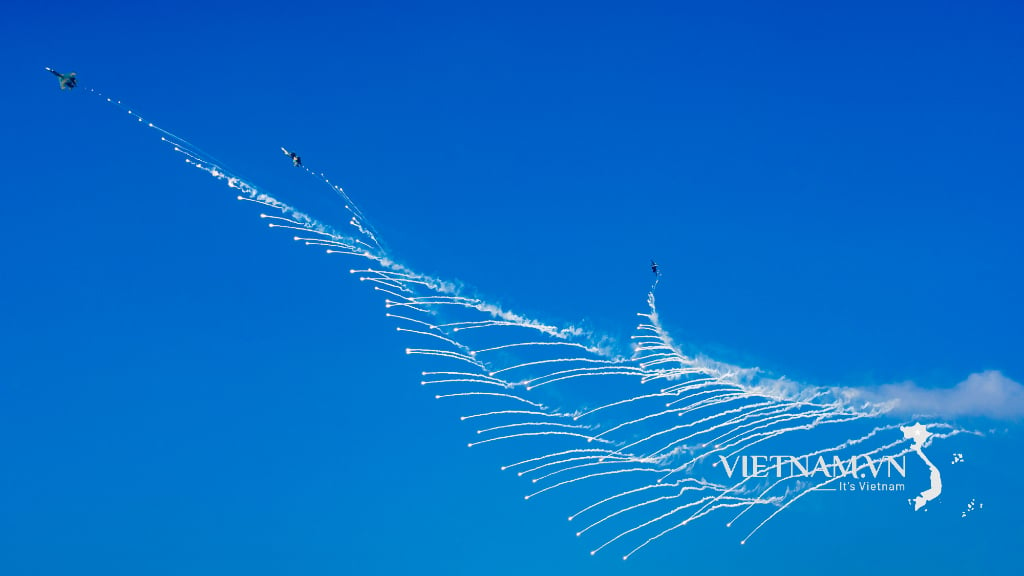
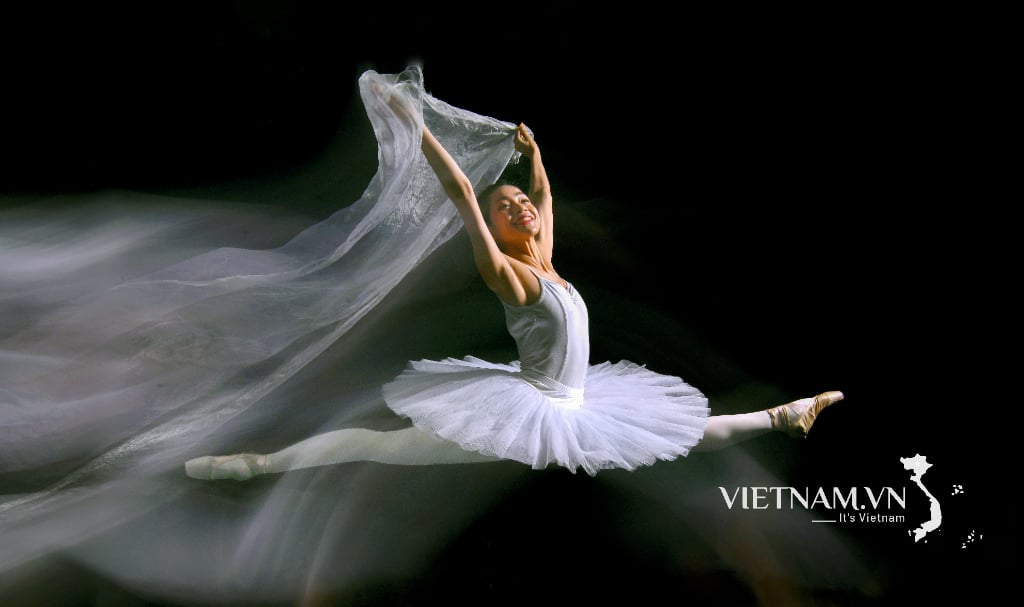
Comment (0)